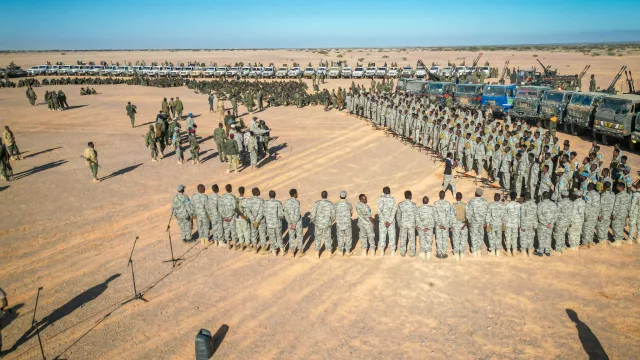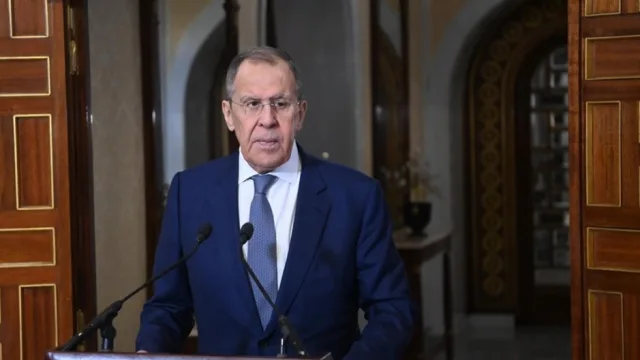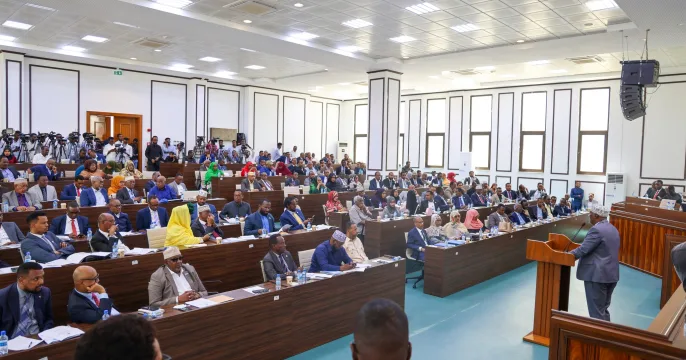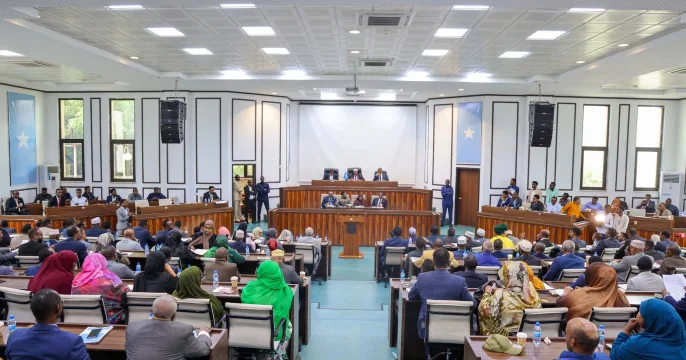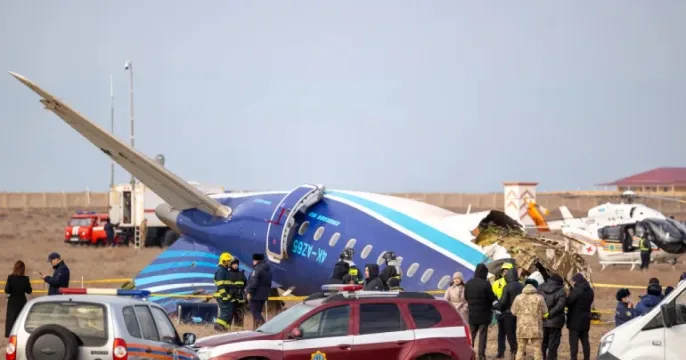Pirates operating off Somalia’s coast have started targeting vessels operated by Somali businessmen and carrying food…
 Pirates operating off Somalia’s coast have started targeting vessels operated by Somali businessmen and carrying food – something which is leading to higher food prices in Mogadishu, according to traders.
Pirates operating off Somalia’s coast have started targeting vessels operated by Somali businessmen and carrying food – something which is leading to higher food prices in Mogadishu, according to traders.
“Up until a few weeks ago, they [pirates] avoided hijacking ships carrying cargo for Somali businesses but now it is different,” Abdinasir Aw Kombe, a businessman whose boat was hijacked, told IRIN on 12 April.
He said pirates had hijacked nine vessels mostly carrying food in the last few weeks. He suspected the pirates would use the vessels to hijack other ships.
Owners of vessels used to ferry food to Somalia “are refusing to carry our goods”, Kombe said. “This has created shortages of basic goods, such as rice, flour and sugar.”
According to the Food Security and Nutrition Analysis Unit, [http://www.fsausomali.org] a food security watchdog, more than 50 percent of the food consumed in the country is commercially imported.
The Unit said in its 2009/2010 post-`Deyr’ (short rains from October to December) report that 542,000 tons of cereals were imported in 2009, of which 119,000 was food aid, while 423,000 was commercial.
Somalia faces a serious humanitarian crisis, with 42 percent of the population – an estimated 3.2 million people – in need of emergency humanitarian assistance and/or livelihood support until June 2010, according to UN agencies.
Kombe said tons of commodities meant for Mogadishu were sitting in Dubai warehouses for lack of transport. “We are paying warehouse charges and this ultimately adds to the cost,” he said.
Prices up
Abdi Moalim, a food importer, said the prices of most food items had gone up.
“In March [2010], before the [food-targeted] hijackings, a 50kg bag of sugar cost US$30, today it is $34; wheat flour was selling at $18 [per 50kg bag] and now is selling at $22… The cost of a 50kg bag of rice is $28, compared to $25 in early March,” he said.
Mogadishu has been the focus of fighting between government troops and insurgents opposed to the Transitional Federal Government.
Civil society activist Asha Sha’ur said the shortages and the consequent price increases are affecting the very poor.
“Everything is going up – rice, sugar, flour, cooking oil,” she said, adding that many of the poor could barely afford to buy the basics. “Now they are being told to pay even more… The hijackings and the price increases are only adding to the woes of the very poor.”
Sha’ur said lack of food aid, coupled with the current price increases, was making life even harder for Mogadishu residents.
“It seems that everything is conspiring against them… Even a small increase in prices erodes their capacity to buy the food they need. I don’t know how many more knocks we can take.”
Daily hot meals
As Mogadishu residents grapple with the price increases, aid agencies continue to offer some support to the most vulnerable.
The World Food Programme (WFP) said it was “providing daily hot meals to 80,000 mainly women and children at 16 locations across the city.”
WFP spokesman Marcus Prior said: “In addition, other mainly nutritional activities reach nearly 20,000 vulnerable people on a regular basis with food rations.”
Ali Mohamed Siyad, chairman of Mogadishu’s Bakara market traders, told IRIN pirate attacks were severing their sole lifeline. “If they continue attacking our ships they will completely cut our lifeline,” he said.
Siyad said the worlds’ navies were “a stone’s throw away” from the Somali coast but were doing nothing to stop the criminals. “Sometimes I wonder if they [international forces] care whether our food is hijacked or not.”
